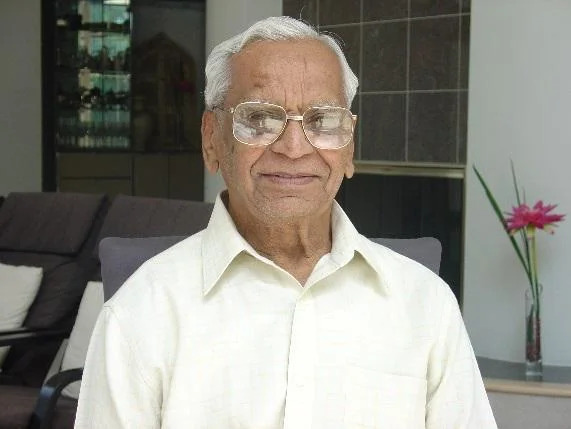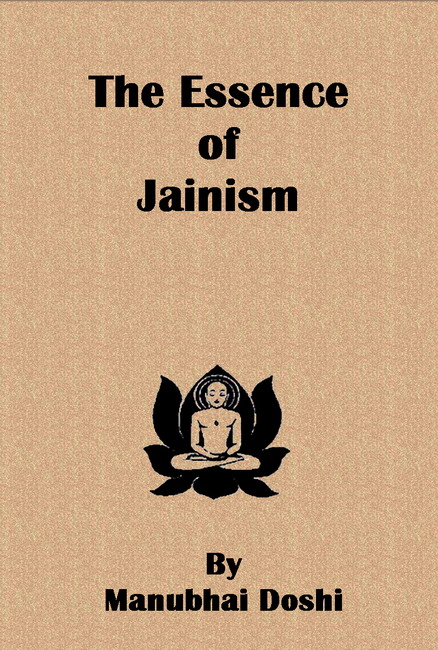Of the nine fundamentals that we have been discussing, we have dealt with Jiva, Ajiva, Punya and Paap. In this chapter, we now intend to deal with Asrava and Bandha, the closely related next two fundamentals. In a way these two fundamentals are two aspects of the same phenomenon pertaining to bondage of Karma. The term Asrava is made up of two words, ‘Aa, meaning from all sides and ‘Srav’ meaning dripping in. So Asrava, which is also spelt as Ashrava, means inflow of Karma. Bandha means bondage and the binding of incoming Karma with soul is therefore called Bandha.
As we have observed earlier, every activity involves Karma. Whether one indulges in such activity by mind, words or by physical action, he does acquire Karma. Since worldly soul continually stays involved in some or other activity, the resulting Karmas continue to flow towards it. Its involvement with the activities serve as Asrava or doors through which Karmas enter. Thus Asrava of Karma continues to occur more or less incessantly. If soul gets involved in virtuous activities, Asrava happens to be of wholesome Karmas. If it is involved in evil activities, Asrava happens to be of unwholesome Karmas. This involvement mainly occurs on account of defilements or Kashayas and embodiment which is known as Yoga. Any particular embodiment and the relevant circumstances are gained by soul on the basis of its Karmas that become operative. In other words, it is placed in favorable or unfavorable situations depending upon its operative Karmas.
None of such situations really belongs to soul. They are not and in no case can become the part and parcel of soul. If soul understands rightly, it can remain unaffected by any given situation and stay equanimous. The term rightly is very pertinent in th is context, because true nature of soul happens to be pure, enlightened and full of blessed consciousness. In its pure state it is devoid of any defilements or Kashayas. As such, it is supposed simply to observe whatever happens as a result of operative Karmas and stay aware of any given situation without any way reacting to it. Since the time without beginning, however, worldly soul has stayed deluded about its true nature and has been conditioned to react to any situation with the sense of craving or aversion. If it does not react that way and views all possible situations with equanimity, it does not attract new Karmas and can avoid Asrava or incoming of Karmas and the resulting Bandha.
Thus Asrava and Bandha mainly occur on account of the ignorance of soul about its true nature. Question may arise as to how any conscious subject can be ignorant about itself. The ignorance of soul regarding its true nature, however, happens to be on account of its delusion. Its perception remains deluded as a drunk person stays deluded about himself. This wrong perception is known as Mithyatva. On account of this delusion and ignorance, it views any given situation as the cause of its own happiness or un happiness. If the situation is pleasing to the sense organs of the body, soul identifies itself with that feeling and craves for continuance of such situations. If it is unpleasing, soul identifies with the resulting unhappiness and tries to avoid it. Thu s it continues to react to different situations with the sense of craving or aversion.
These cravings and aversions are the defilements of soul, because they defile its true nature of staying equanimous. These defilements are expressed in the form of Krodh (Anger, enmity etc.), Maan (Ego and arrogance), Maya (Deception) and Lobha (attachment and covetousness). These are known as Kashayas meaning those that drag soul downwards. In addition to these, there are Nokashayas or semidefilements like joy, gloom, affection, disaffection, fear, disgust and three types of sexual impulses. On account of these Kashayas and Nokashayas, soul indulges in arrogance, covetousness, joy, affection, love etc., when it views any given situation as favorable. If it views the situation as unfavorable, it indulges in anger, deception, gloom, disaffection, fear, disgust etc.
So, wrong perception, attachment to the bodily sensations and the Kashayas turn out to be the principal causes of Asrava and Bandha. Lord Umaswati, in his Tattvarthasutra, mentions Mithyatva (Wrong perception), Avirati (Absence of restraint). Pramad (Indolen ce), Kashayas (Defilements) and Yoga (Embodiment) as the five causes of Bandha. Mithyatva, Avirati, Pramad and Kashayas however arise on account of Moha or the delusion which again arises out of ignorance of soul about itself. It can therefore, as well, be stated that ignorance and Yoga are the two ultimate causes of Asrav and Bandha.
 Manubhai Doshi
Manubhai Doshi
